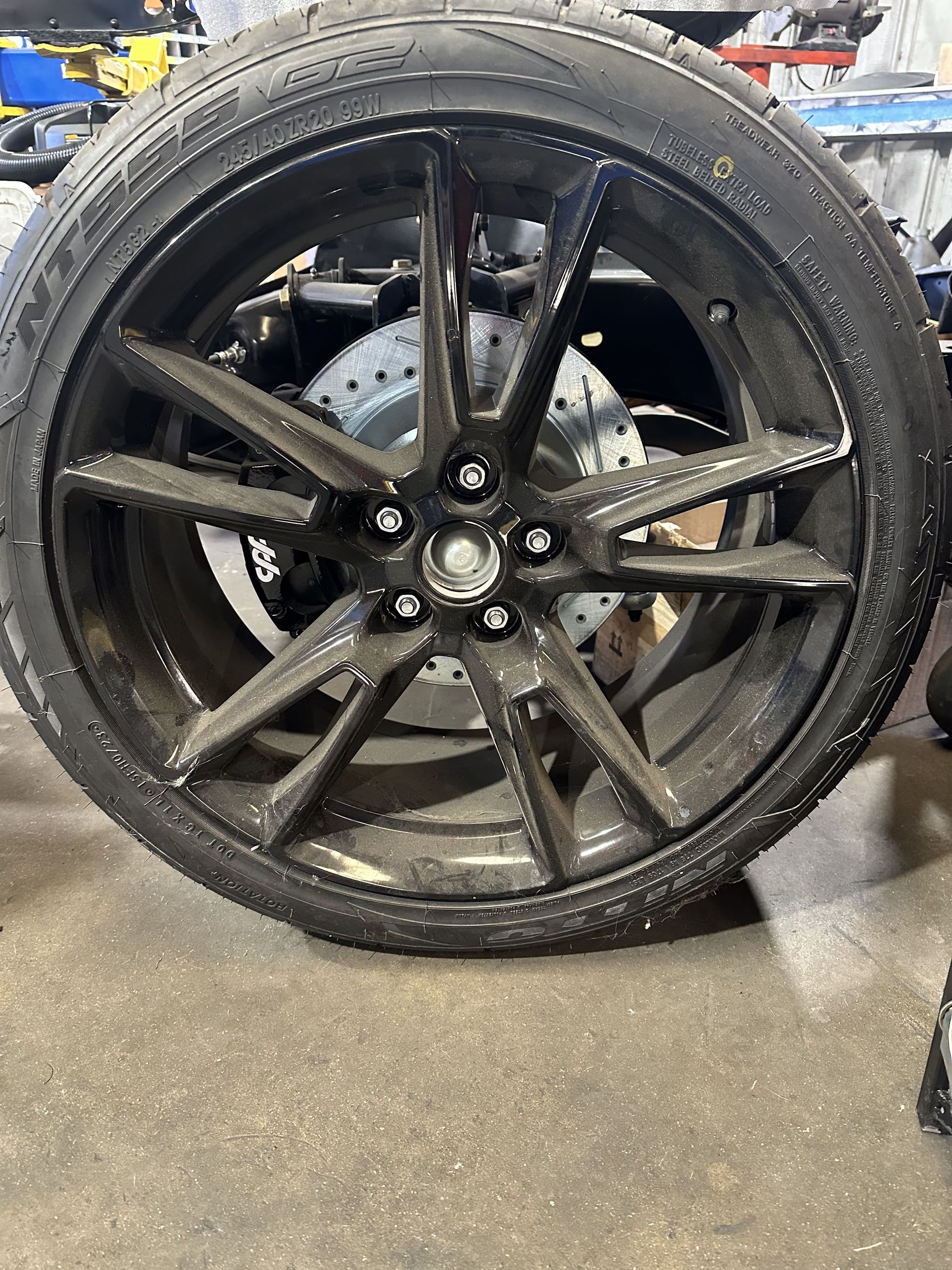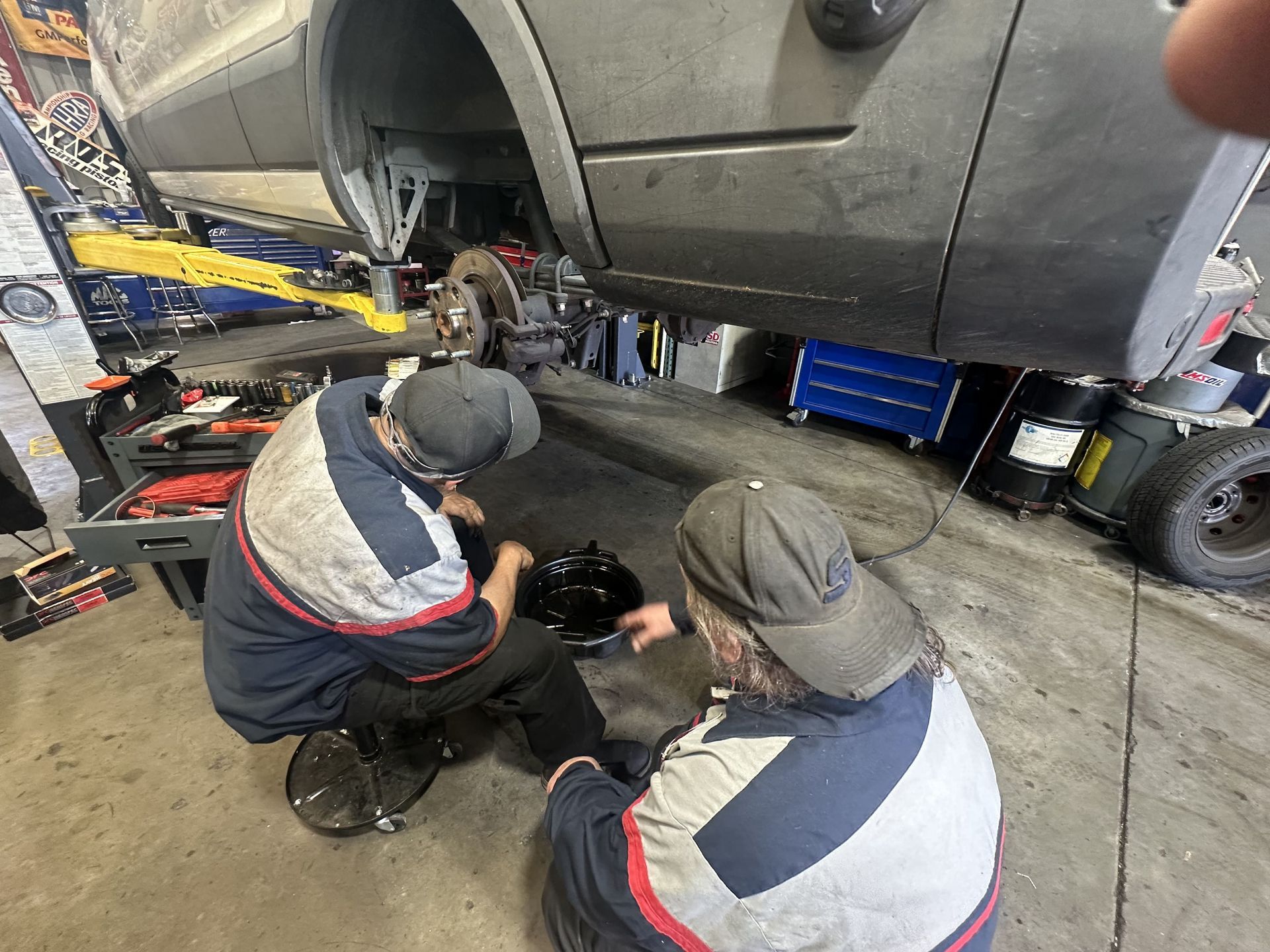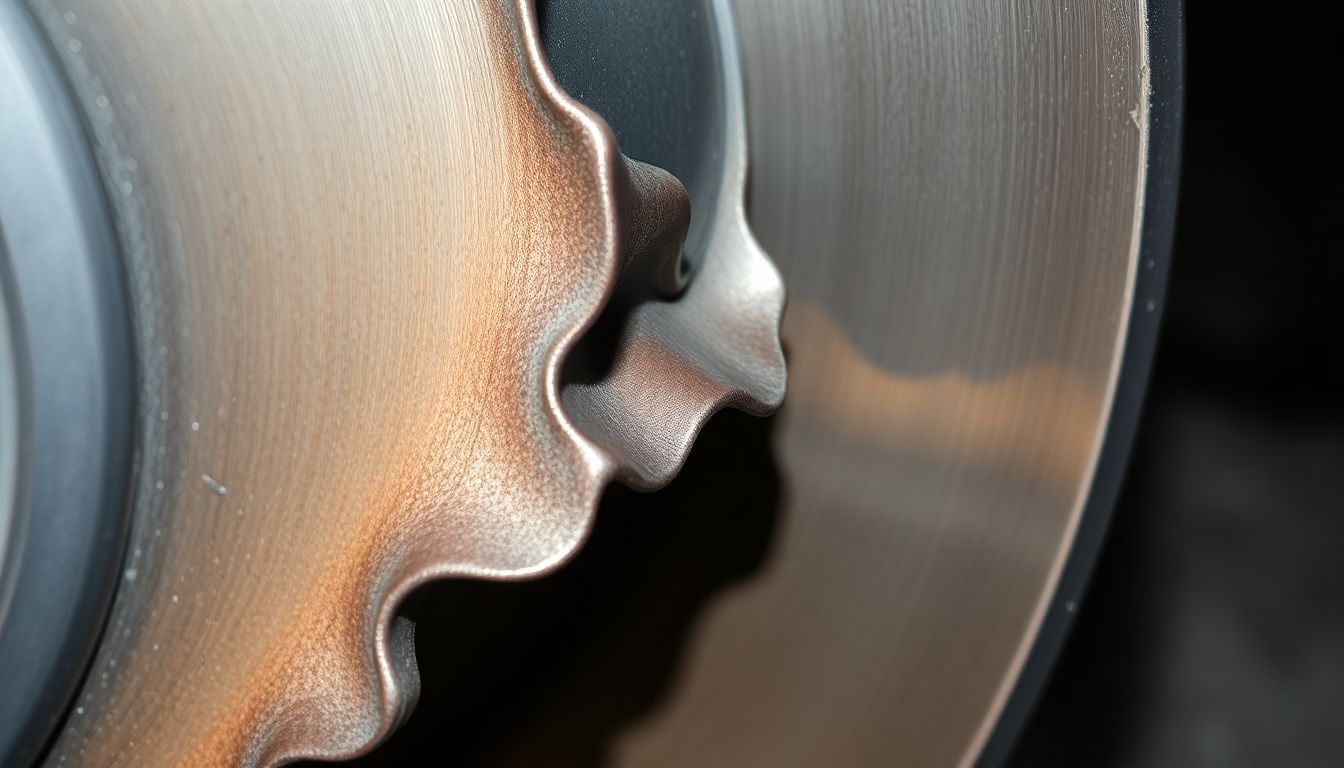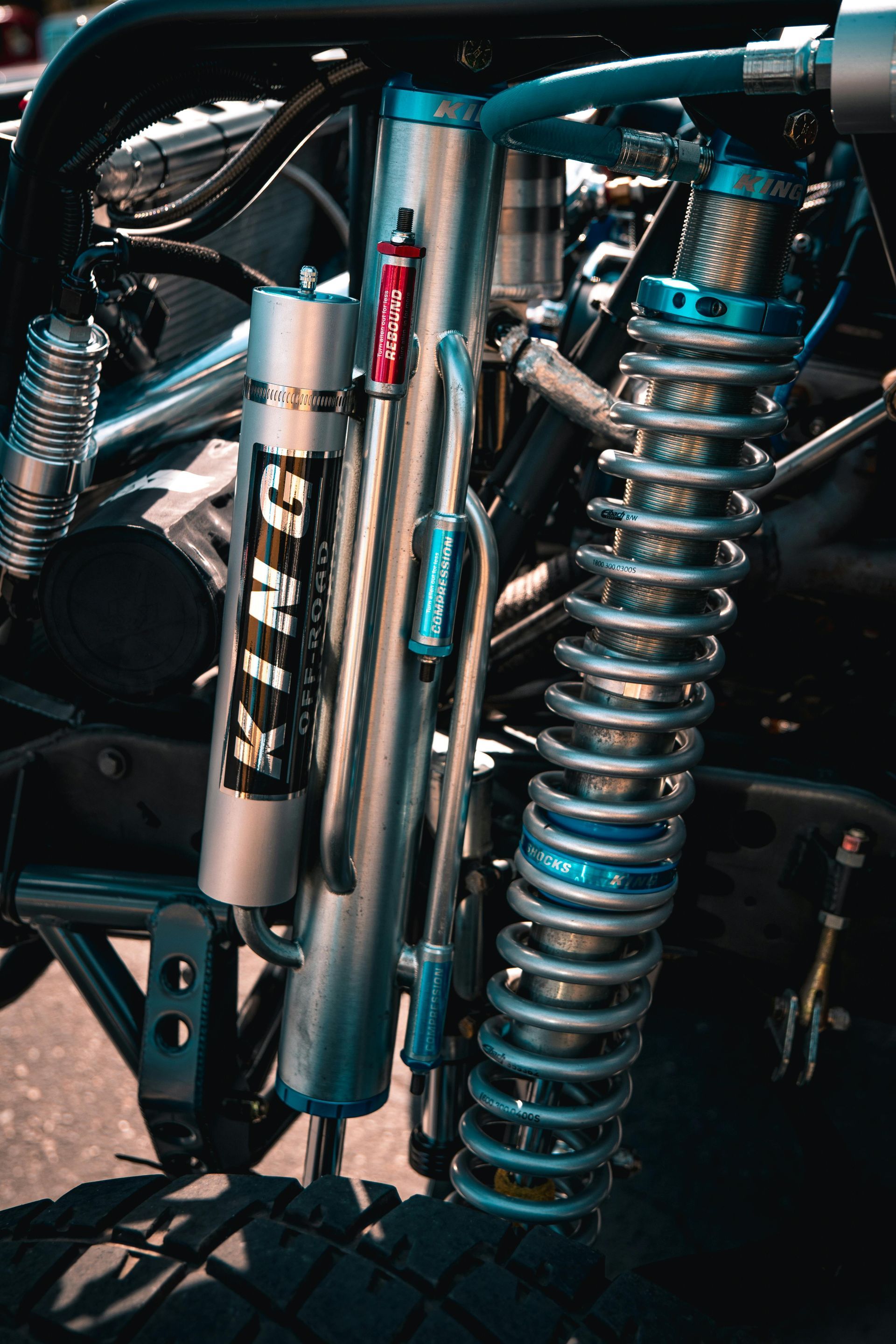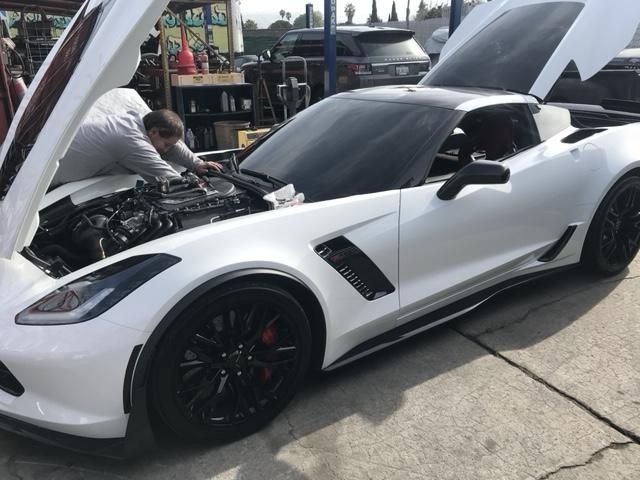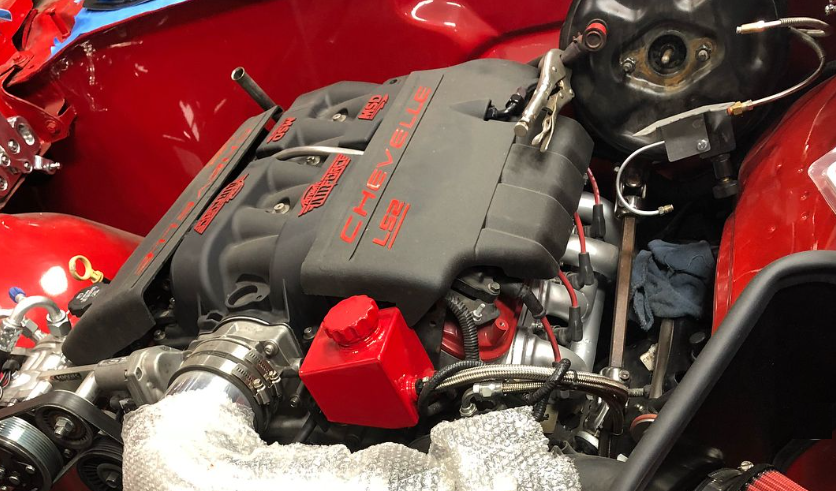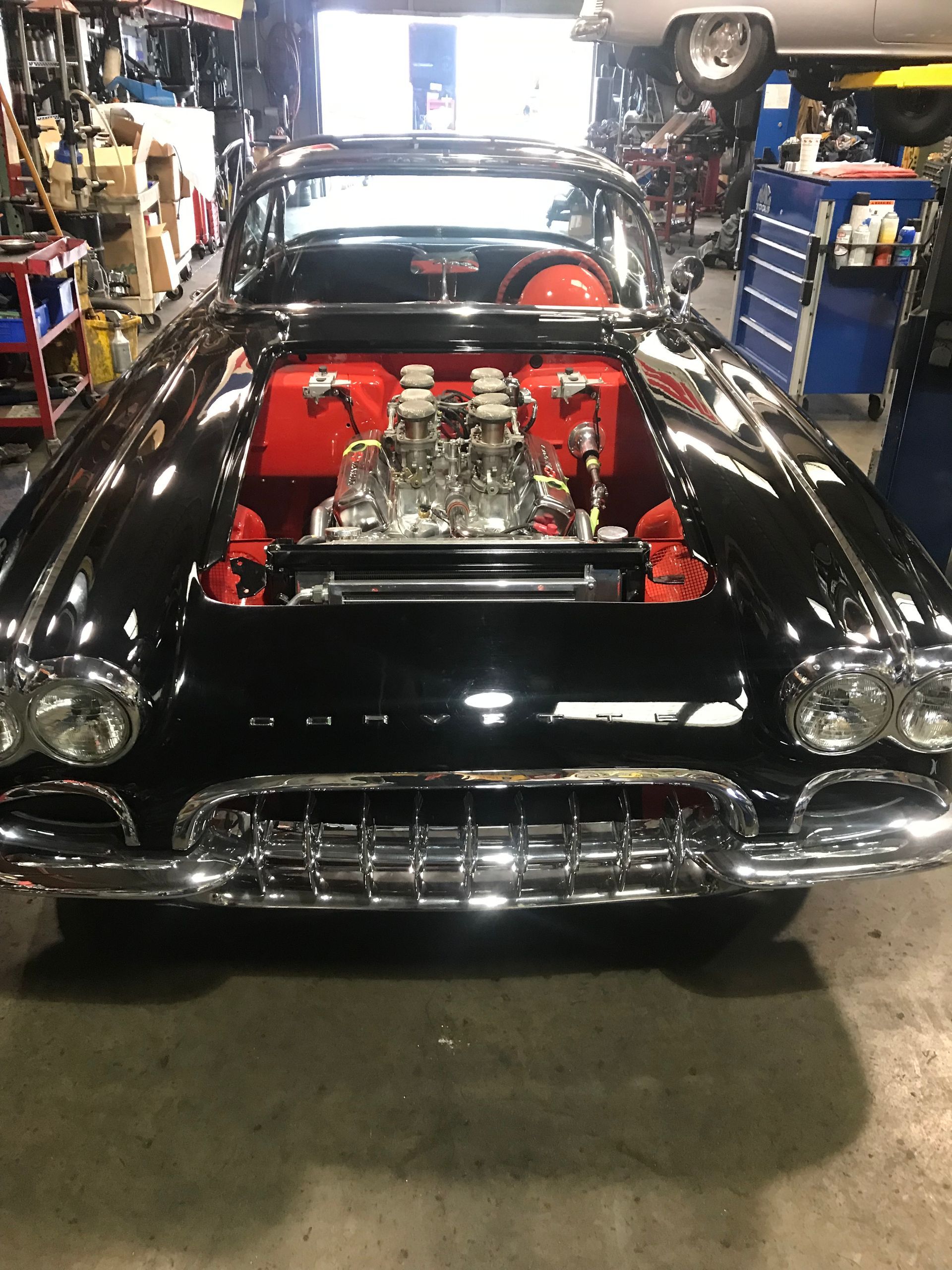Understanding the Check Engine Light: What You Need to Know
The dreaded "check engine" light ...
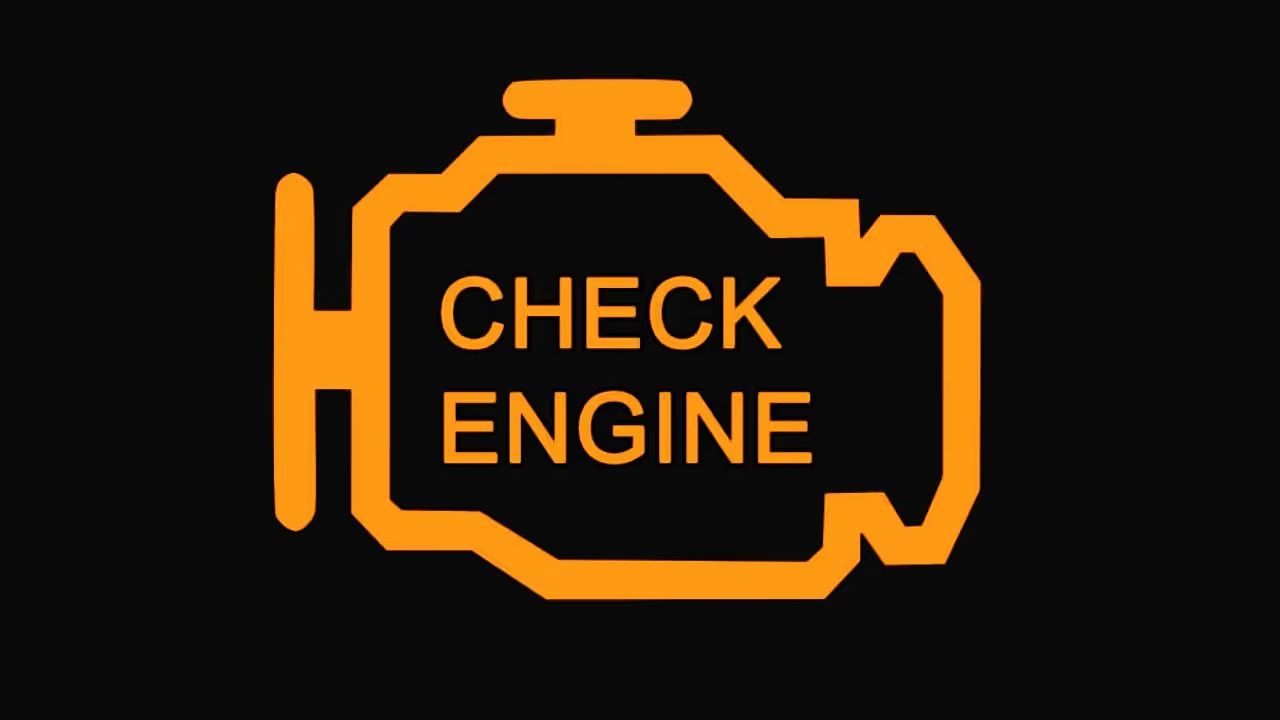
The dreaded “check engine” light is one of the most common — and often most confusing — alerts on your dashboard. While it can be tempting to ignore it or hope it goes away, that small yellow light could be a warning sign that your vehicle needs attention. Here at Wilson Motorsports Auto Repair, we’ve seen everything from minor issues to major engine problems triggered by that simple light. To help you understand what’s going on when it lights up, we’ve put together some essential information.
What Does the Check Engine Light Mean?
The check engine light (CEL) is part of your car’s onboard diagnostics system, or OBD-II, which monitors the performance of critical components like the engine, exhaust, and transmission. When the system detects a problem — anything from a loose gas cap to a serious engine malfunction — the light will illuminate.
While it may seem like a mysterious or vague signal, the light comes in two common forms:
- Steady Light: This indicates a problem that should be checked soon, but the car is still drivable.
- Flashing Light: This means there’s a more serious issue, such as misfiring, which could cause significant damage to the engine or the exhaust system. If the light is flashing, it’s time to get to a mechanic immediately. We would recommend in this case calling us immediately and possibly have your vehicle towed to the shop rather than drive it to prevent more damage from occurring to the vehicle.
Common Causes of a Check Engine Light
The causes behind a check engine light can range from simple to complex. Here are some of the most common:
- Loose or Faulty Gas Cap
A loose, cracked, or improperly sealed gas cap can trigger the CEL. This problem is often overlooked but can cause fuel vapors to escape, affecting your car’s emissions system. - Oxygen Sensor Failure
The oxygen sensor measures how much oxygen is in your car's exhaust and ensures the fuel-to-air ratio is just right. If it fails, it can cause your vehicle to burn more fuel, decrease efficiency, and even damage other parts of the engine over time. - Catalytic Converter Issues
The catalytic converter reduces harmful emissions from your car. If it malfunctions, your vehicle could fail emissions tests, consume more fuel, or even cause the engine to stall. - Mass Airflow Sensor Problems
This sensor helps regulate the amount of fuel the engine gets by measuring the volume of air entering the intake. A malfunctioning mass airflow sensor can lead to poor fuel efficiency, stalling, or even engine misfires. - Ignition Coil or Spark Plug Problems
Faulty ignition coils or spark plugs can cause engine misfires, which, in turn, can lead to increased fuel consumption, rough idling, and poor performance. - Vacuum Leak
A vacuum leak in the engine can disrupt the air/fuel mixture, leading to poor performance, rough idling, or stalling. This problem can also trigger a check engine light. - Transmission Problems
Sometimes, a transmission issue can set off the check engine light. These issues often require more extensive repair and shouldn’t be ignored.
Should You Keep Driving?
It depends on the severity of the issue. If the light is steady and the car seems to run fine, you may be able to drive it to the mechanic for diagnosis. However, if the light is flashing, it’s a sign of a potentially serious problem that could cause long-term damage, so you should pull over and call for roadside assistance if needed.
How Can Wilson Motorsports Help?
At Wilson Motorsports Auto Repair, we have the tools and expertise to diagnose and repair issues related to the check engine light. Our advanced diagnostic equipment can quickly pinpoint the exact problem and help you understand your vehicle’s condition. Ignoring the check engine light can lead to more expensive repairs down the road, so it’s always best to address the issue sooner rather than later.
If your check engine light is on, don’t wait for the problem to worsen. Give us a call or stop by our shop to have your vehicle inspected. We’ll get to the root of the issue and help you get back on the road with confidence.
Conclusion
Your check engine light isn’t something you should take lightly. Whether it’s a minor issue or something more serious, timely attention can prevent further damage and save you money in the long run. At Wilson Motorsports Auto Repair, we’re here to provide reliable service, expert diagnostics, and trusted repairs. Don’t let that little light turn into a big problem — reach out today!
Contact Us
Opening Hours
Mon - Fri: 8:00am - 5:00pm
Sat - Sun: Closed

All Rights Reserved | Wilson Motorsports


